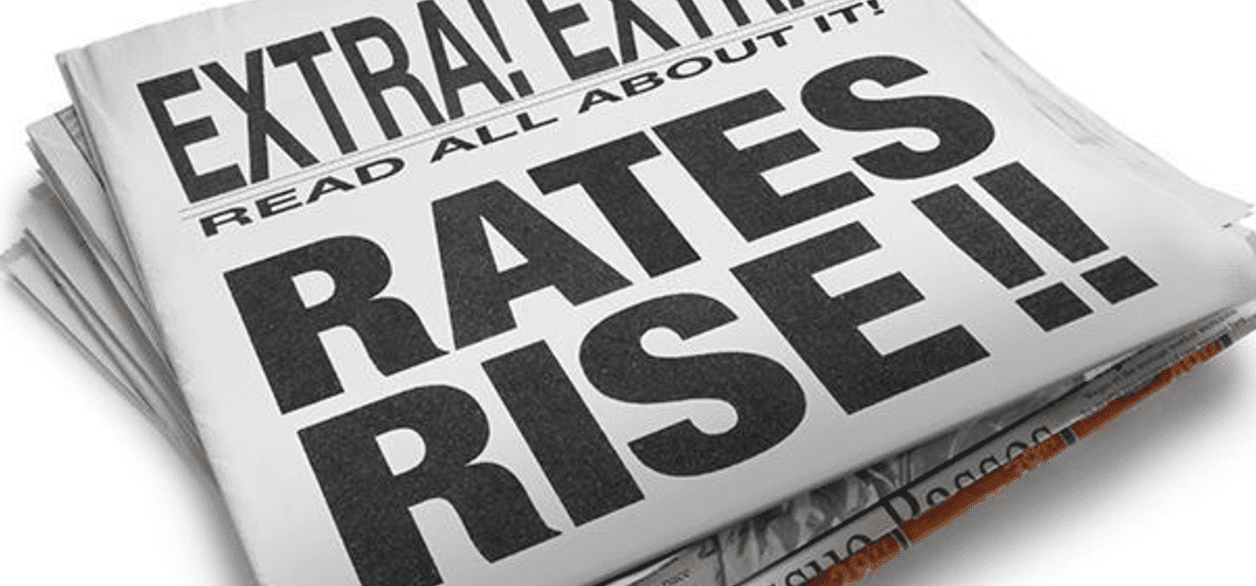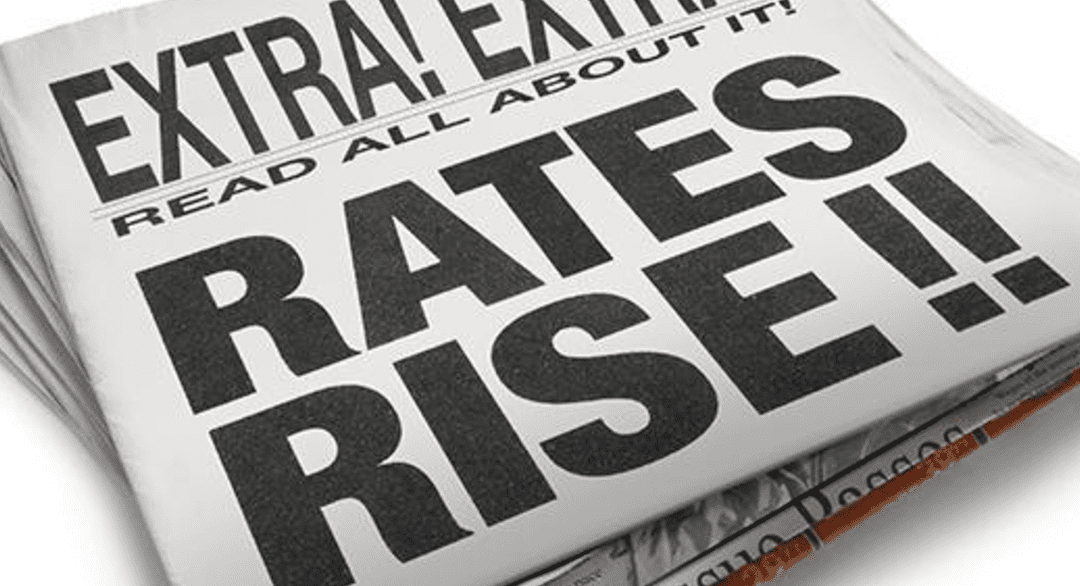 Home loan specialists say the decision whether or not to choose a fixed-rate mortgage depends greatly on personal circumstances.
Home loan specialists say the decision whether or not to choose a fixed-rate mortgage depends greatly on personal circumstances.
Here are some general guidelines that can help…
FIRST HOME BUYERS
A low interest rate is likely to be more important than fixing. Some special low-rate offers may be fixed for a period, offering certainty to buyers on a tight budget. But beware of restrictions and break fees.
SINGLE INCOME FAMILY WITH YOUNG CHILDREN
Having one breadwinner in a family means guaranteed fixed mortgage repayments may be welcome, but balance this with the flexibility of variable rates. Part-fixing your mortgage — part variable, part fixed — may be a good option.
DUAL-INCOME FAMILY WITH CHILDREN AT SCHOOL
Having two incomes helps cover potential rate rises but also allows for extra repayments. A variable rate may be the most suitable to enable paying off that mortgage as fast as possible.
UPGRADERS
Trading up to a larger, more expensive home increases the size of the debt — and the risk if anything goes wrong — so consider at least part-fixing some of the mortgage.
EMPTY NESTER
If the children have flown and downsizing is on the cards, a fixed-rate mortgage makes little sense because you may have to pay big break costs if you terminate the loan before the fixed period ends.
NEARING RETIREMENT
The ideal situation is to retire without a mortgage, so anyone with less than $100,000 owing should steer clear of fixed rates and focus on paying down the debt. If you do retire with a home loan, the certainty of fixing or part-fixing may provide some peace of mind on sometimes a limited budget.

